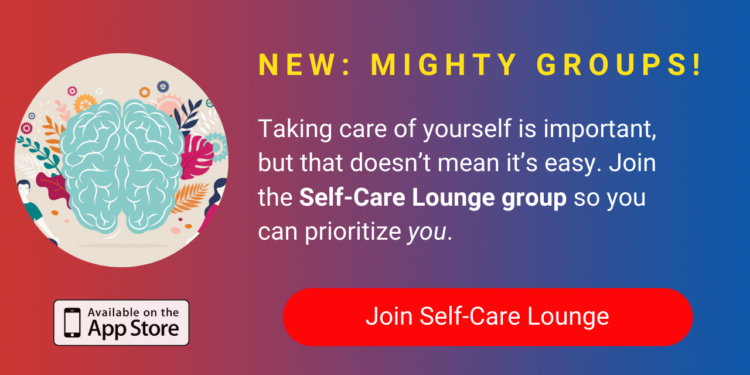Do you find yourself feeling nervous, worried or on edge regularly? Do these thoughts or feelings get in the way of your ability to enjoy yourself? Well you’re not alone!
Anxiety affects over 40 million adults in the United States. According to the American Psychological Association, anxiety is characterized by “feelings of tension, worried thoughts and physical changes like increased blood pressure.” Dealing with anxiety in the moment can be difficult but it is possible with practice. Here are five ways to decrease anxiety:
1. Routine Setting
A routine can allow you to feel more comfortable and settle anxious thoughts. Take some time to think about what your days are like now and what changes in your schedule would help decrease your anxiety. By organizing your day, you will know what to expect and can schedule in breaks as needed.
2. Self-Talk
Notice what you say to yourself when your anxiety kicks in. If you find yourself coming up with many negative thoughts, such as “I can’t do this” or “I’ll just mess everything up,” practice changing the narrative slowly.
You don’t have to go to an extreme positive but you can practice being kind to yourself. Maybe shift your self-talk to something as simple as, “I may be feeling anxious about what I have to do, but I can do my best to get through it.”
3. Visualization
Think about a place where you felt relaxed and grounded before. If you cannot think of a place you’ve been to, you can imagine yourself somewhere you would like to be. Often, a great place to start with visualization exercises can be in nature. Envision yourself resting in an open field and feel yourself safe, calm and at peace.
Use your imagination to fill in the details, such as how the sky looks, the sound of a gentle breeze and how the ground would feel beneath you.
4. Journal Writing
Writing is a very powerful and therapeutic tool. There are tons of resources online for journaling prompts, which can allow you to self-reflect on your experiences. There does not have to be a special format, perfect grammar or top-notch penmanship. Set a timer for however long you would like to journal and free write your thoughts.
5. Support
Everyone needs support sometimes. Recognize if you feel the need for a listening ear or to just be in the presence of a loved one. Talking about your thoughts and feelings with others who provide a safe space can give you a sense of relief.
Also, think about if you need mental health support from a professional. Having a weekly one-on-one can be helpful to develop insight, identify triggers, process the past and form healthy coping skills.
Anxiety can be challenging but taking small steps can help you feel empowered. The first step can be as simple as figuring out what your triggers are. Notice when you feel anxious, how often it happens and how your body responds to it. Once you’ve become more aware of your experience, you can begin by using any of these five tools to reduce your symptoms.
Getty Images: Victor_Tongdee


